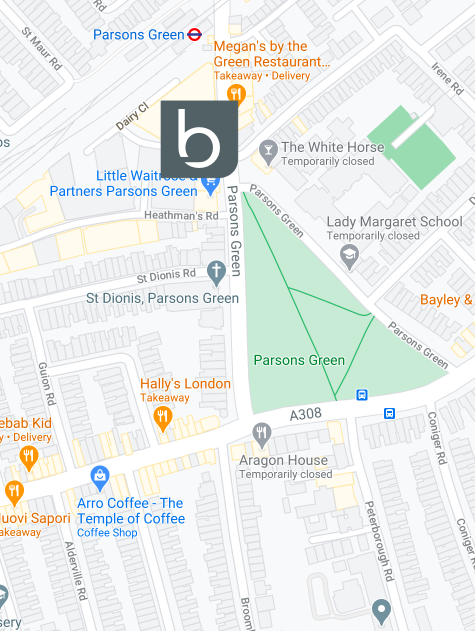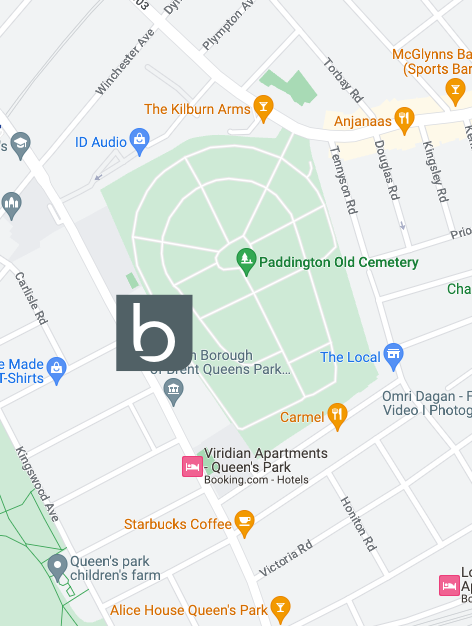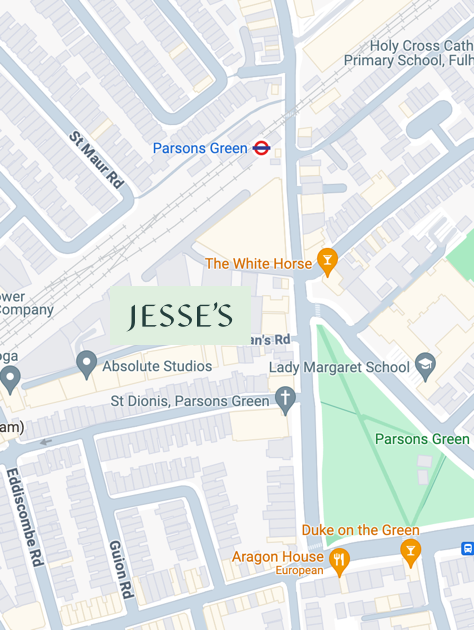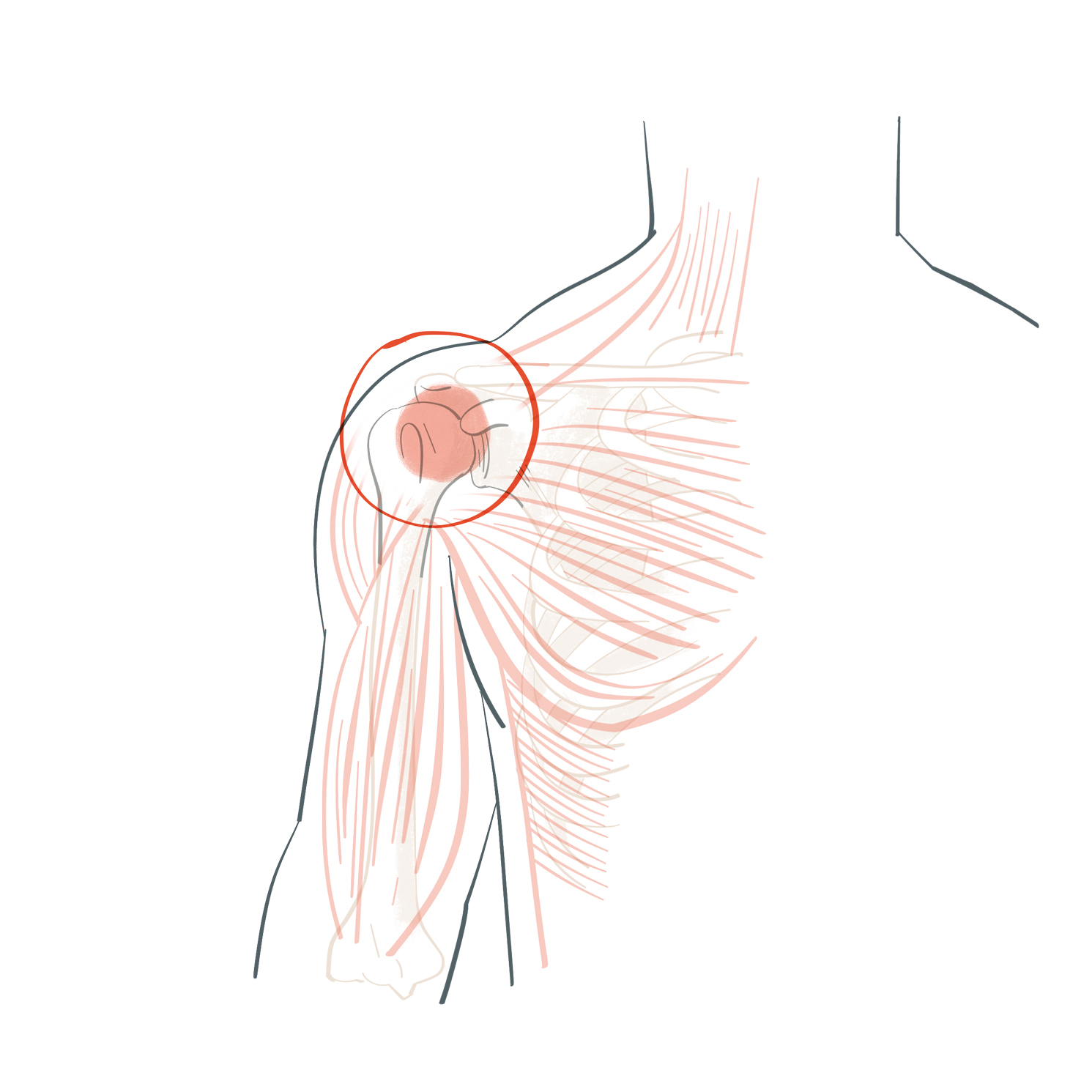
Close
Enquiry
Please see contact information below or complete the form and we will get in touch with you.

Parsons Green
3rd Floor Brigade House
8 Parsons Green
London
SW6 4TN

Queen's Park
2nd Floor
105-109 Salusbury Road
London
NW6 6RG

Jesse's House
8-10 Heathmans Road
Parsons Green
London
SW6 4TJ
Shoulder injuries: causes, symptoms and treatment

Shoulder injuries occur for a range of reasons, from wear and tear to traumatic injuries suffered in sports such as golf, squash and tennis. Whatever your injury, swift and accurate diagnosis is key followed by a comprehensive rehab programme. Here is a helpful guide to three of the most common shoulder complaints we deal with at the Beyond Health clinic in Parson Green, featuring key information about causes, treatment programmes and recovery times.
Rotator Cuff
Rotator cuff injury symptoms
The rotator cuff is located in the shoulder and comprises four muscles and associated tendons. Together these provide stability to the shoulder joint and, to a lesser extent, facilitate movement. Rotator cuff pain can be severe and restrictive to everyday life, often stopping any upper body exercise, and it can make daily activities such as dressing and grooming painful.
Injuries to rotator cuff tendons are generally caused by wear and tear which leads to a breakdown in the tendon. Less commonly, they can be caused by a traumatic incident, such as a fall or a collision during sporting activity, which may cause a rotator cuff tear. Persistent wear and tear commonly leads to complete rupture in middle and old age. Although this sounds severe, patients tend to recover very well and almost always avoid rotator cuff surgery if they fully commit to their rehab.
Rotator cuff injury treatment
Rotator cuff tendon injuries should not be dismissed, ignored or ‘got on with’. Ongoing pain and physical limitation after the injury first presents itself are common. Without treatment, the damage can increase significantly, leading to ruptures and/or ongoing pain. The most important first step in getting this injury dealt with is to get an accurate diagnosis from an expert physio, who must then build a treatment programme for you that combines manual therapy to deal with the pain, followed by a rehabilitation exercise programme to ensure a successful, long-term outcome.
Exercise rehabilitation aims to achieve three things: load the damaged tendon, which improves its structure and, in time, reduces pain; improve the shoulder joint’s local stability; and improve the position and strength of the shoulder blade (its ‘base’ or ‘foundation’). Rotator cuff injuries which do not respond as expected often benefit from shockwave therapy.
Rotator cuff injury recovery
Unfortunately, there is no definitive answer. With rest periods, medication and hands-on treatment, pain can be eased, but studies suggest that 12 weeks of targeted exercise is needed before significant and lasting pain reduction can be achieved. Recovery is also affected by a number of factors including age, hormones, weight, mental and physical stress and nutrition.
Tendons usually take between three and six months to repair and need to be carefully and specifically loaded during this time. To speed up your recovery and ensure a long-term result, significant strength work will need to be done after the pain has gone. So, every patient’s recovery time is unique and dependent on the severity of the injury.
Full commitment to your exercise programme is also vital – without this getting back to full fitness will be extremely difficult.
Other common shoulder injuries
Unstable shoulder:
The shoulder joint has the most range of any joint, so it is not surprising that shoulder instability is commonly seen by physios. The injury may cause a full or partial dislocation and should be seen by a physio and consultant as quickly as possible.
The cause of this injury can be traumatic (a single external force) or atraumatic (gradual breakdown), with the former being especially relevant in the active population. Traumatic shoulder injuries are almost always caused by a fall or when your arm is forced to the side and backwards, and these incidents often occur during sporting activity (eg. a rugby tackle or a fall when skiing).
Shoulder OA:
Degenerative joint disease, also known as osteoarthritis (OA), is the most common disease of the joints and can affect all of the joints in the body. It is estimated that one in three people over the age of 60 suffer from shoulder osteoarthritis. It is inevitable and in fact normal that your joints will suffer wear and tear as you get older. In normal joints, hyaline cartilage protects the end of each bone or, in this instance, the ‘ball and socket’, allowing a smooth surface for joint motion. In OA, this cartilage breaks down, leading to painful inflammation and swelling. If your shoulder OA worsens over time, the cartilage will wear away completely, resulting in pain caused by bone rubbing against bone.
Treatment at Beyond Health
As with rotator cuff injury, unstable shoulder and shoulder OA both require accurate diagnosis and manual therapy for pain relief, followed by a targeted exercise rehabilitation programme, focused on the deficits your injury has caused and your recovery goals. At Beyond Health, we specialise in not only helping people get over injuries, but getting them back to full fitness and stronger than ever.
We do this via our RESTORE > TRANSFORM > PERFORM programme that sees our Beyond Health physios create an individualised recovery plan for you, created with the help our cutting-edge biomechanical screen, which incorporates industry-leading analysis equipment to identify and accurately measure your strength deficits and movement issues.
Expert physio in Parsons Green, London
If you are suffering from a shoulder injury, or any other physical issue, get in touch with us to arrange an assessment at our clinic in Parsons Green.

